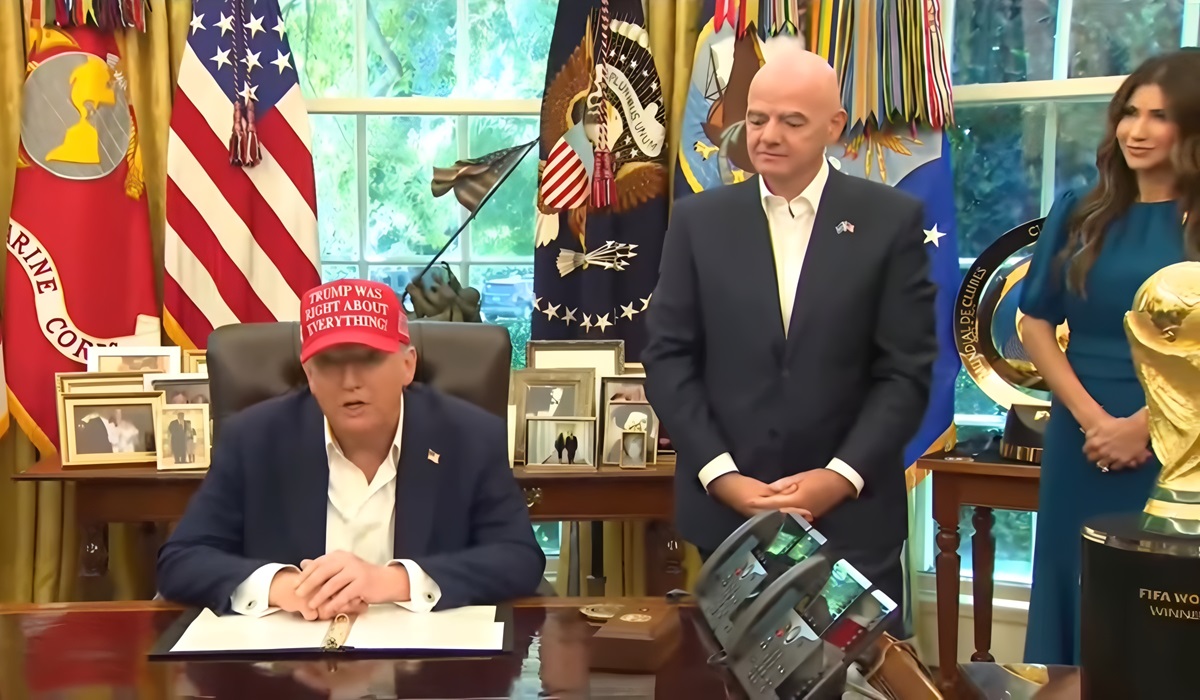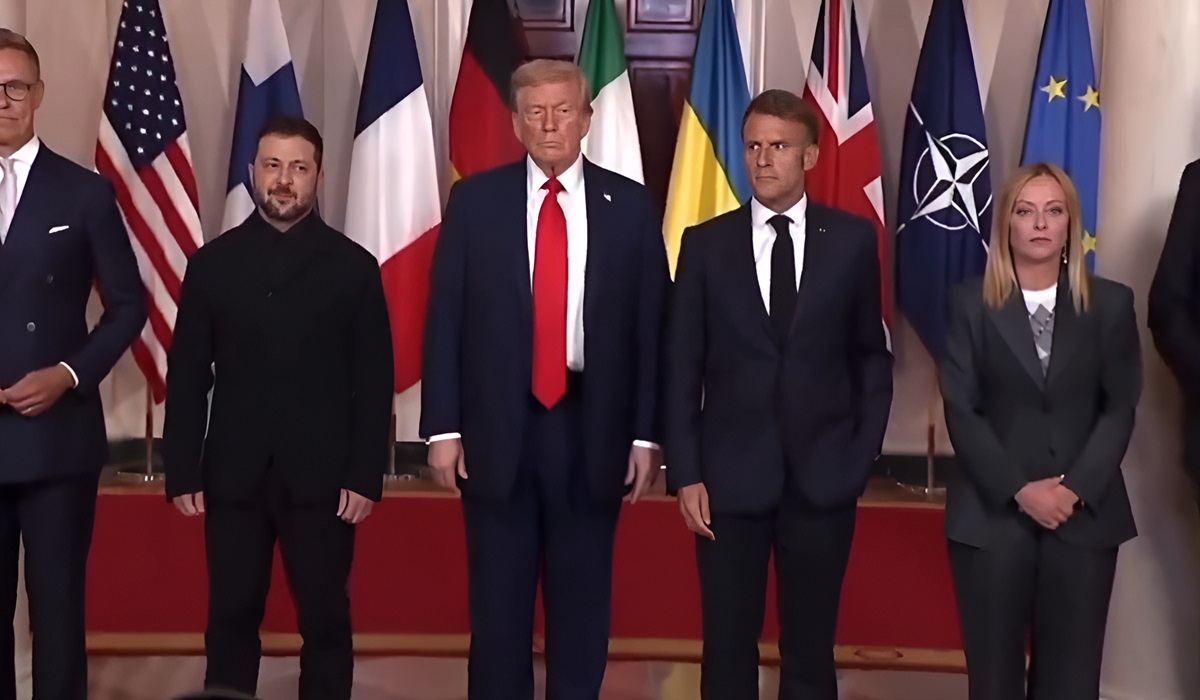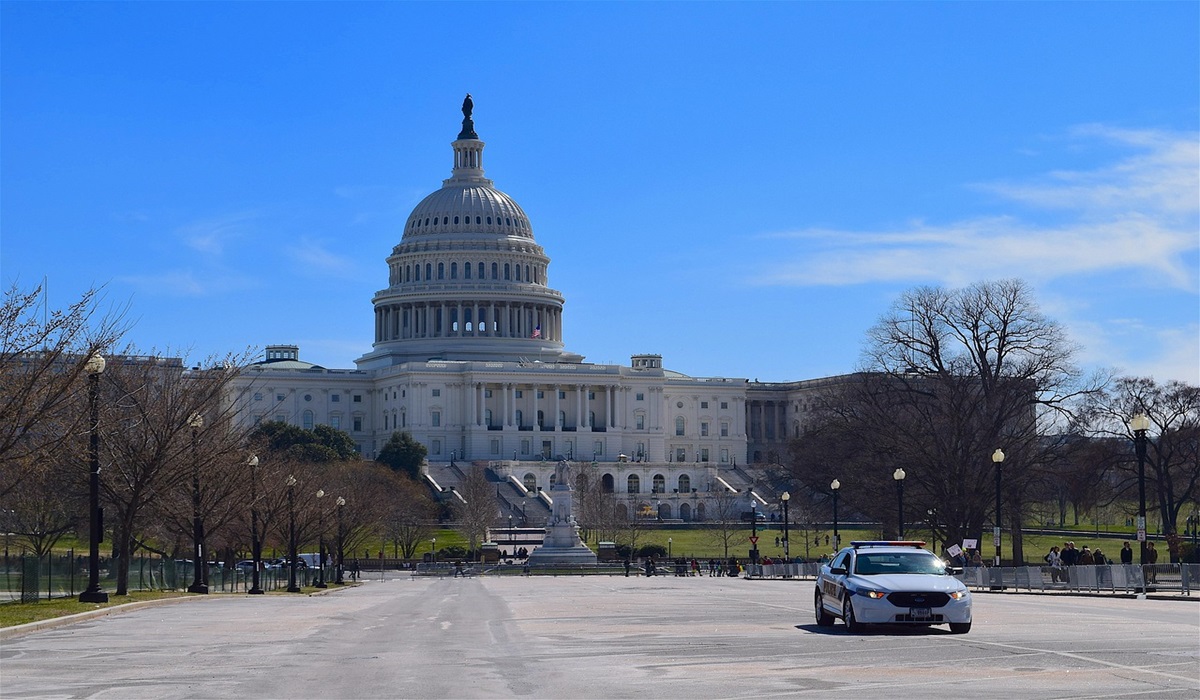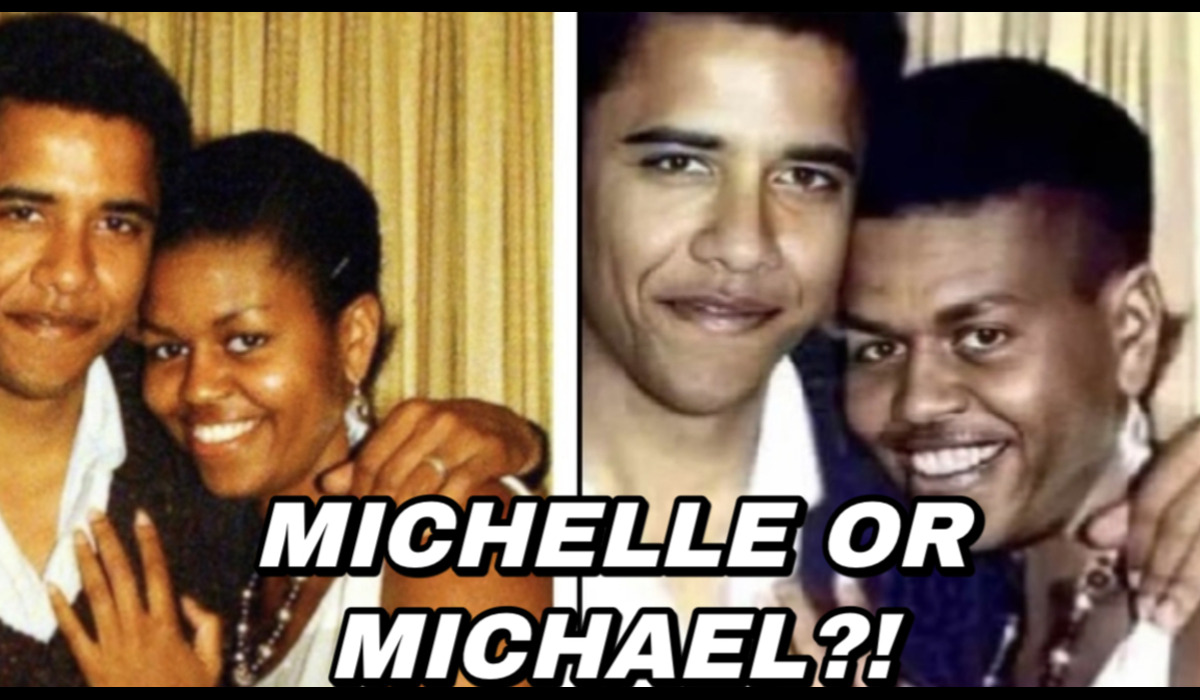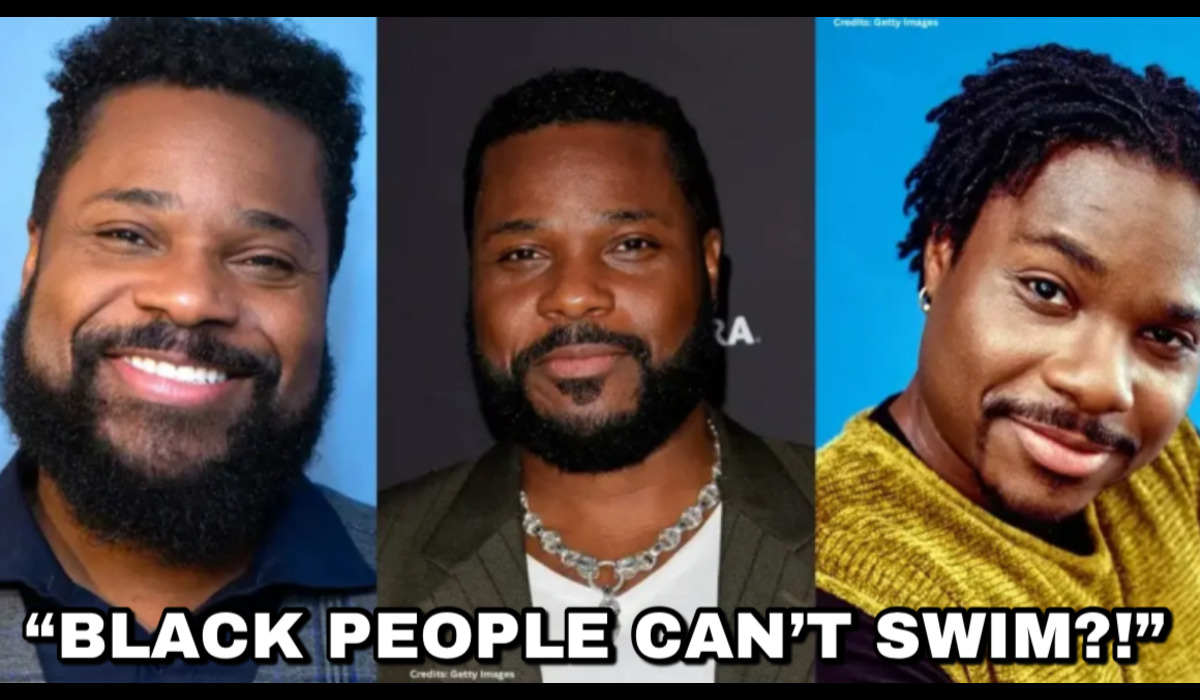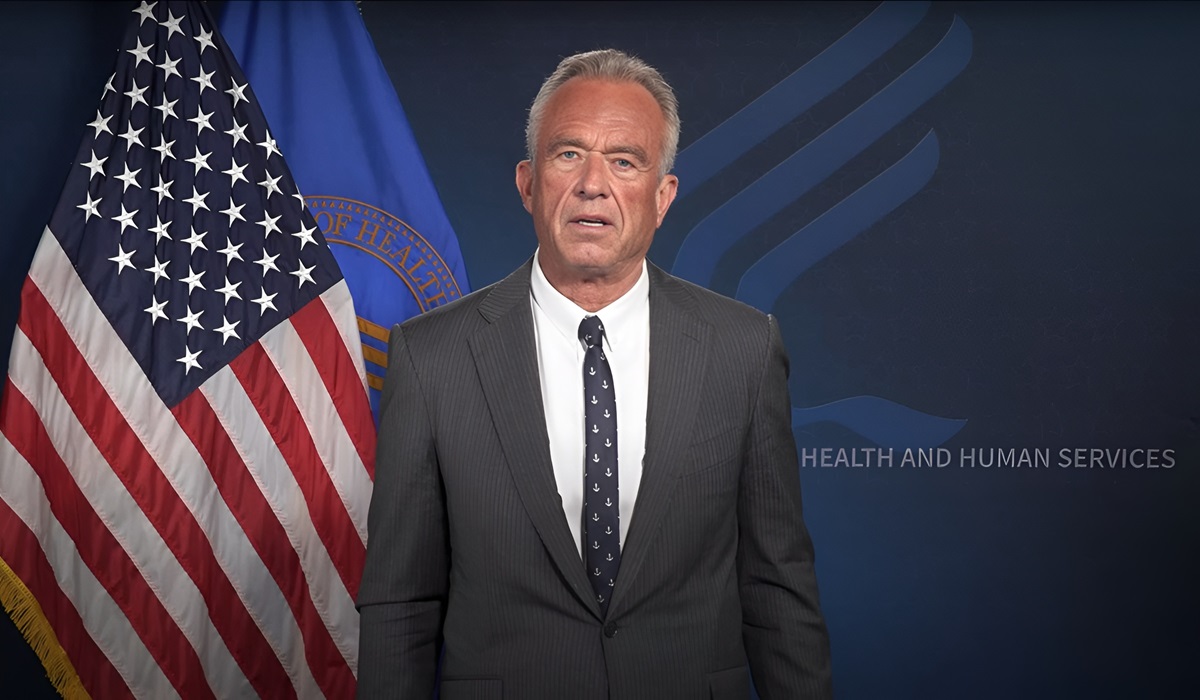Federal Takeover of D.C. Police Sparks Controversy Amid Declining Crime Rates
- Kingston Bailey
- U.S.A
- August 14, 2025
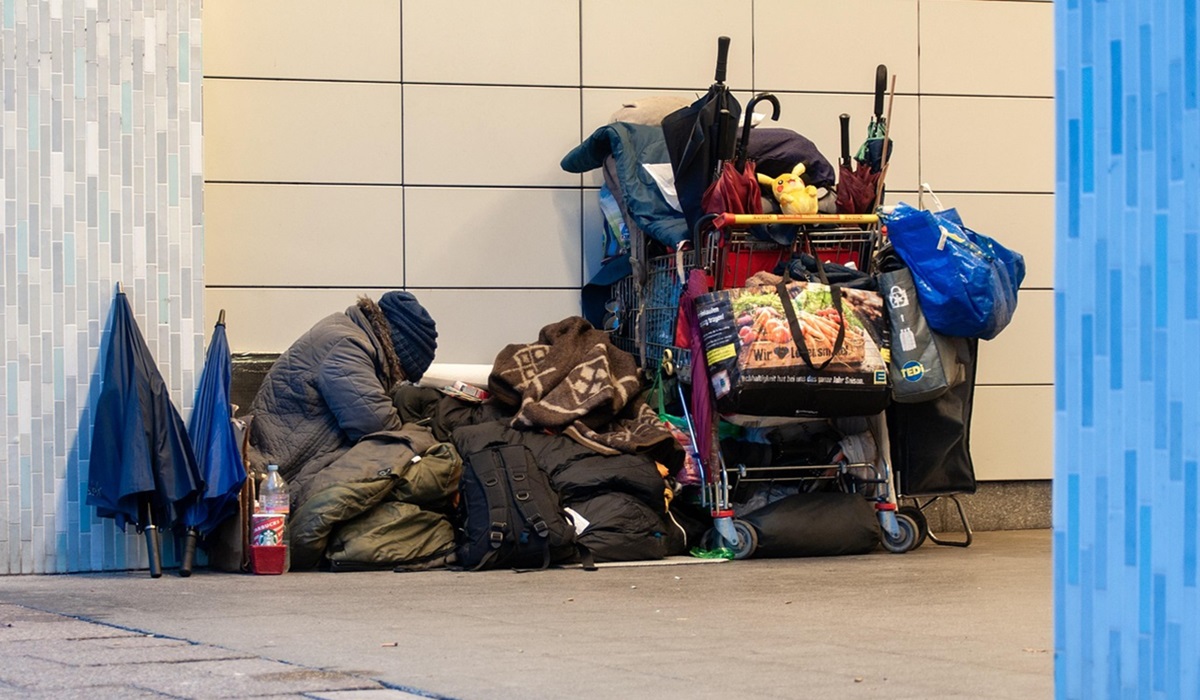
Image Credit: wal_172619
President Donald Trump recently ordered the National Guard to assume temporary control of the Metropolitan Police Department in Washington, D.C., deploying 800 troops across the city. The administration has framed this action as a response to rising crime and a growing homeless population, claiming it is necessary to restore order and safety. However, local officials and residents have criticized the move, arguing that crime has actually been declining and that the intervention may be politically motivated.
Violent crime in Washington, D.C., has seen a notable downward trend over the past year, with homicides and other violent incidents falling to levels not seen in decades. Despite this, the administration insists that the city faces a crisis of public safety, citing recent carjackings, thefts, and other crimes. President Trump has characterized the city as being overrun by criminals, asserting that decisive federal action is required to protect residents and maintain order.
A central component of the administration’s plan is addressing homelessness. The White House has stated that individuals living on the streets must either accept placement in shelters and supportive services or face arrest. While some residents experiencing homelessness have welcomed the opportunity for shelter and assistance, many advocates and nonprofit organizations have voiced concerns. They argue that the approach risks criminalizing homelessness and fails to provide comprehensive solutions for underlying issues such as mental health, substance use, and lack of affordable housing. Critics warn that forcibly removing people from the streets without adequate long-term support could exacerbate the hardships faced by the most vulnerable populations.
The federal takeover has sparked protests across the city, with residents expressing concern over the erosion of local control and home rule. Although the law allows the president to assume control of the police in emergencies for a limited period, any extension beyond 30 days requires congressional approval. This has raised questions about the legality and long-term implications of the federal intervention, particularly given the potential for it to be used in other cities. President Trump has suggested that similar measures could be applied elsewhere, a proposal that has alarmed those who see it as an overreach of federal power into local governance.
The situation in Washington, D.C., highlights a complex and contentious debate over public safety, homelessness, and the appropriate role of federal authority. While removing people from the streets and providing them with care can offer immediate benefits, the methods employed and the broader social and political ramifications remain deeply controversial. Many observers are watching closely to see how this unprecedented action unfolds, how it impacts residents, and what precedent it may set for future federal interventions in cities across the nation.

